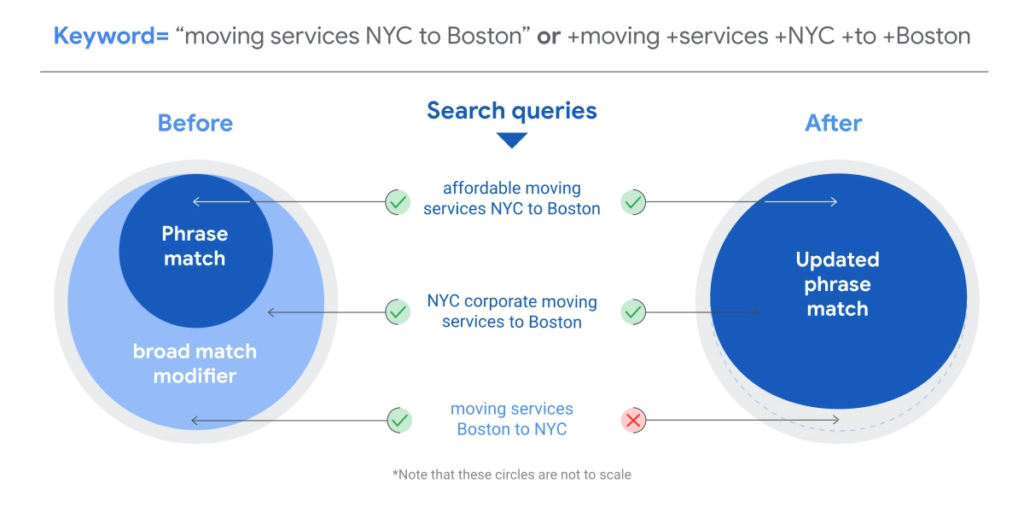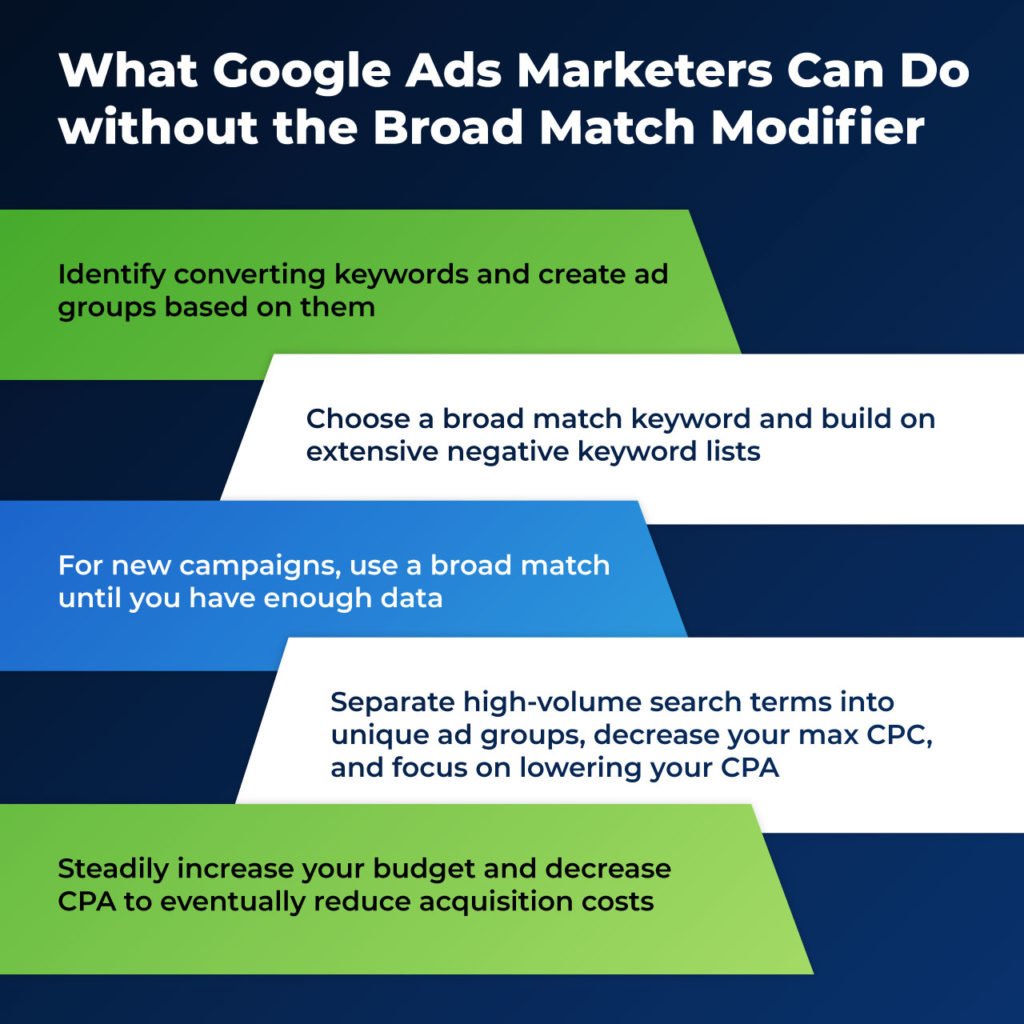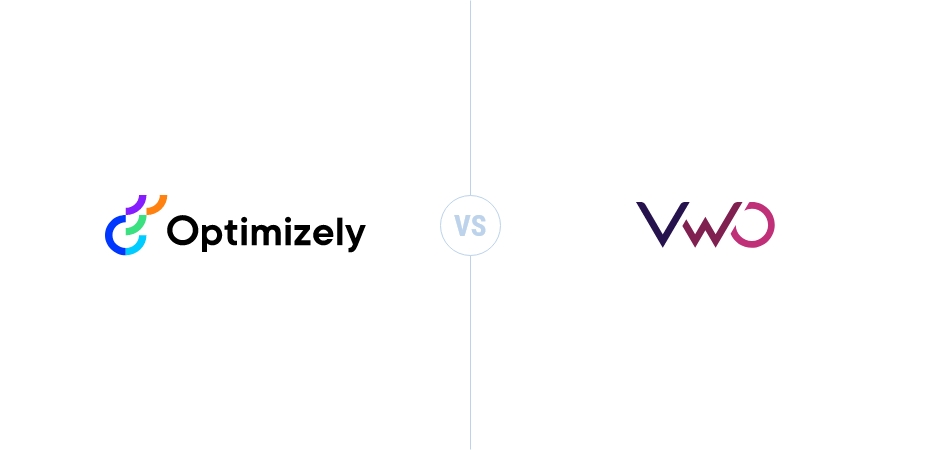As a digital marketer, you probably base your strategies and decisions on trends and numbers. And, sometimes, those numbers are just oh so worrying. In the world of PPC, a recent report by Merkle Inc. has highlighted that the average CPC for Google Ads has gone up 86% YoY. Coincidentally (or not), as CPC is rising, Google keeps introducing new changes, like removing its broad match modifier (BMM). Now that the broad match modifier is gone – will that affect your campaigns and your numbers? In this post, we look at how this can affect your PPC campaigns and what you can do to optimize your campaigns.
CPC Is Rising And The Broad Match Modifier is Gone – Is There a Connection?
So, CPC is rising – what does this mean for you? It doesn’t necessarily mean that you must spend more on ads. It means that you need to take more action to keep your CPC low. Every change that Google makes has an impact on how your campaigns are running. So how was the broad match modifier (in short, BMM) used and what does it mean that the broad match modifier is gone?
What did the broad match (BMM) modifier do?
The BMM was, until recently, one of the keyword match types available to users in Google ads. It was responsible for showing ads if the keywords showed up in the exact or very similar form. For example, let’s pretend your business sells gym gear. If you would have used the modifier “+gym gear”, then the keyword “gym” would have shown up in the search query regardless of whether the word “gear” was also present or not. For example, your ad for gym gear could have shown up for the following searches:
- Gym equipment
- Gym clothes
- Gym clothes brands
- Buy gym clothes
- Etc.
Broad match modifier gone – but what does Google say about it?
Google doesn’t normally offer many justifications for its changes, but it does say that the changes should be beneficial for the users. While that is both debatable and problematic for PPC marketers, Google seems to be switching its focus from “keywords” to “meaning” – that is, it’s focusing more on responding to user intent. In theory, that makes sense, as digital marketers have already noticed that user intent is becoming relevant both for SEO and for optimizing PPC campaigns.
Here is an example of what the removal of the BMM will do, according to Google:

Source: Google.
CPC rising – also a side-effect of removing the broad match modifier?
The chart provided by Google is however simplified and says nothing about other consequences, like CPC rising for some campaigns. With the broad match modifier gone, we can assume three direct consequences:
- Phrase match will gain traffic because extra words may be put in between the main search phrase.
- Full BMMs will lose traffic because word order will have to be preserved in some cases.
- Partial BMMs will lose more traffic because, without the ability to select words, partial BMMs will no longer work.
Obviously, now that the broad match modifier is gone, you will have to tweak your campaigns differently. Without the BBM, your “gym gear” ad can also appear for a “training gear” search. Depending on the exact type of “gear” that you sell and the user’s intent, the relevancy of your ad may be affected, leading to a rising CPC.
The Broad Match Modifier Is Gone – A Bigger Issue Than It May Seem
Google’s decision to remove the broad match modifier wouldn’t have been so controversial if it hadn’t been so popular. But it does seem that a lot of marketers and business owners have actually been using it. Earlier this year, an Optmyzr analysis of 162 million positive keywords has shown that:
- 89% of advertisers used broad match modified keywords.
- Though this is not recommended by Google, 55% of advertisers who used the BMM always put a “+” in front of every term in their queries; e.g. “+gym +gear”
- 95% of all broad match modified keywords had a plus in front of every term of the keyword.
These findings show that the fact that the broad match modifier is gone will affect a great number of ads and ad accounts. They also might explain a reason for the removal of the broad match – that is, many advertisers were using the BMM too often, or maybe using it in a way that wasn’t intended by Google.
But no matter the reasons behind this Google Ads decision, advertisers using BMM are seeing a decrease in clicks and conversions. This is particularly worrying for eCommerce businesses, which work with very small margins.
According to Google, as of July 2021, “both phrase and broad match modifier keywords have the same updated phrase matching behavior for all languages and show ads on searches that include the meaning of your keyword.” In other words, user intent is supposed to matter more – and we can assume that there will be less focus on exact keyword matches in the future.
How to Move Forward as a Google Ads Marketer: Practical Tips To Fight Rising CPC
As a PPC marketer or business owner, you want to make the most out of your investment. This means that a rising CPC can seriously affect your budget and your customer acquisition cost. While you can indeed increase your marketing budget, there are some actions you can first take to optimize your campaigns. As with most things in marketing, this will involve a lot of experimentation, data, analytics, and optimization. These will then help you to discover what works best specifically for your campaigns and your business.
Here are some strategies you can try in order to optimize your PPC campaigns:

- Identify your converting keywords and create ad groups based on these keywords. Run phrase match on those keywords. Analyze the best-performing keywords. You can try to maximize clicks initially and then go back to maximizing conversions, depending on how each keyword performs.
- Another way to go about this is to choose broad match keywords and build up extensive negative keywords. Focus on removing low intent keywords, so that you can optimize for conversions.
- In case of a new campaign or if you don’t have enough data, use broad match until you find a keyword that is bringing consistent conversions, and then put that into phrase match; unfortunately, this is a costly process.
- Separate high-volume search terms into unique ad groups and start to decrease your max CPC; focus on lowering your CPA as you gather more data.
- Another approach, that may work for your specific niche, is to steadily increase your budget and then decrease your CPA to reduce your final acquisition costs.
A digital marketer’s life is never boring. We have seen this and again, with every new change in Google’s algorithms or tools. While rising CPC is worrying for PPC marketers, this is yet another challenge that we will overcome through thorough data analytics and campaigns optimization. PPC marketers should analyze every click and every conversion to find out what works and what doesn’t, and then take the appropriate actions based on those findings. The key to good Google Ads campaigns is to be adaptable and to find what works best for YOUR campaigns.



